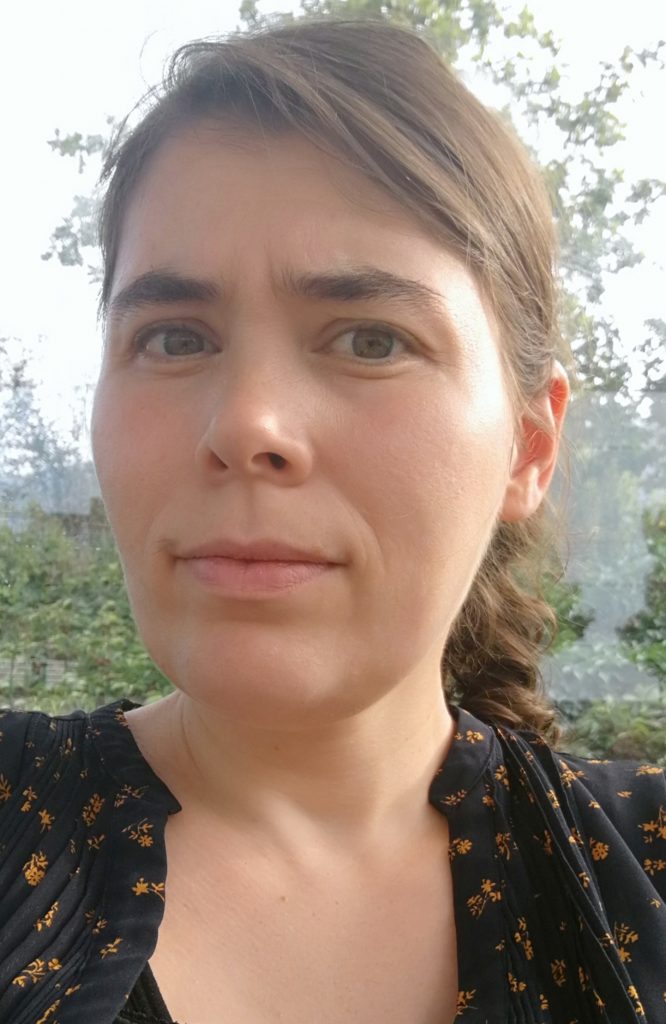Research interests
Katja de Vries is a postdoctoral legal researcher and philosopher of technology. In October 2016 she defended her PhD thesis "Machine learning/Informational fundamental rights. Makings of sameness and difference".
Vries has published on a wide range of legal and philosophical topics and has co-edited ‘Privacy, Due Process and the Computational Turn’ (Routledge, 2013). Prior to her doctoral research she studied at Sciences Po in Paris, obtained three masters degrees with distinction at Leiden University (Civil Law, Cognitive Psychology and Philosophy) and graduated at Oxford University (Magister Juris).
Her research focuses mainly on the challenges posed by machine learning (as applied within society to “profile” people into different categories) to practices of law, especially in the fields of privacy, data protection, antidiscrimination law and intellectual property law. She is particularly interested in the convergences and conflicts between the various practices involved in the construction of ML applications. Further fields of expertise include: philosophy of technology, legal theory, and science and technology studies (STS). She has taught the advanced BA-course “Law, Ethics and Politics” at the law faculty of Saint-Louis University (FUSL, Brussels).
De Vries has participated in several European (FP6, FP7 and H2020) interdisciplinary research projects. In 2014-2016 she was affiliated to the Institute for Computing and Information Sciences (iCIS) in the Computer Science Department at the Radboud Universiteit Nijmegen (the Netherlands) and worked as a full-time researcher on the USEMP project. The project resulted in the DataBait transparency tool that showed users of social networks which sensitive and commercially interesting information can be derived from their data. De Vries has also been an active member of the European “Living in Surveillance Societies”-network, and has contributed with her research to three other topical EU projects: FIDIS (exploring the future of identity in the information society), SIAM (creating a decision support tool for the acquisition of security technologies in public transportation sites in alignment with ethical and legal requirements), and CANDID (Checking Assumptions aND promoting responsibility In smart Development projects).
